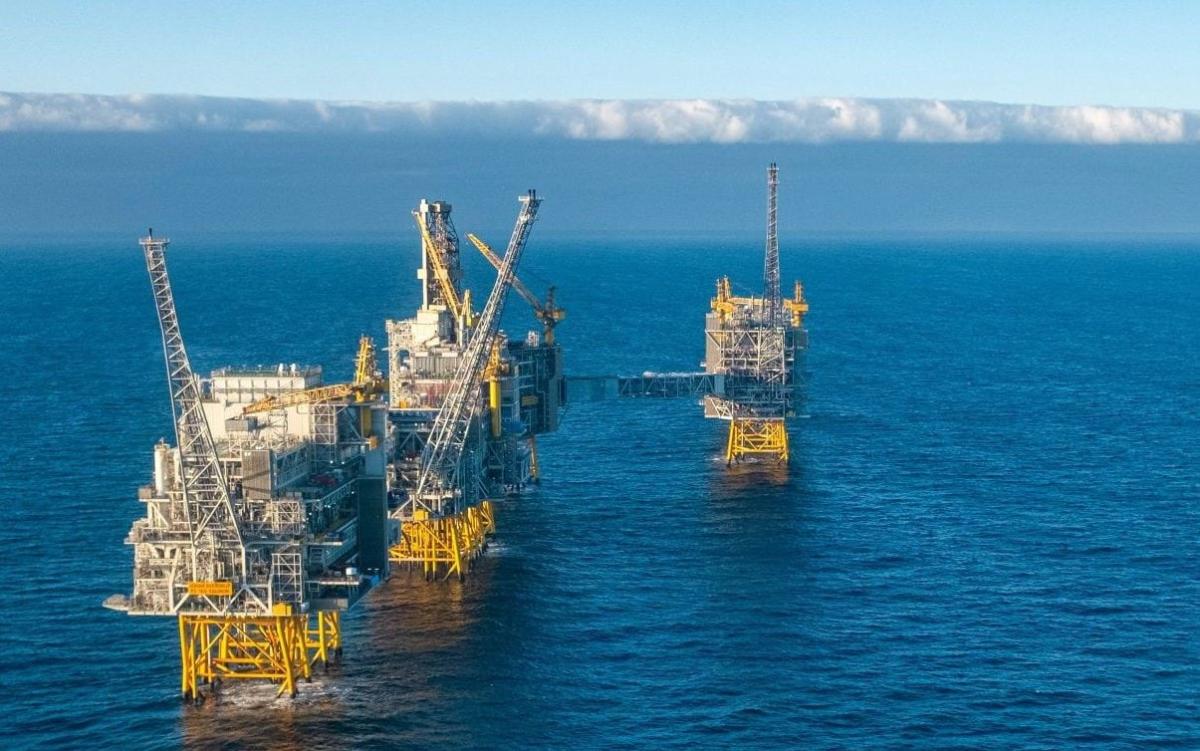The future of the UK oil and gas industry has been thrown into doubt following a landmark Supreme Court ruling.
The court ruled on Thursday that emissions from the combustion of fossil fuels must be taken into account when approving new drilling sites.
It is the latest development in the case brought by Sarah Finch, a Surrey resident who challenged the council’s decision to allow the expansion of an oil site on Horse Hill in 2019.
Ms Finch, acting on behalf of the Weald Action Group, argued that the environmental impact assessment had only taken into account emissions from oil extraction – and had wrongly ignored emissions from when the oil was burned.
The Supreme Court has sided with her and made a ruling that has huge implications for the entire British oil and gas industry.
Legal experts say the decision could affect the way new fossil fuel projects are assessed in Britain, forcing planning officials and energy companies to justify emissions generated by oil and gas.
Tom Cummins, partner at law firm Ashurst, said: “Oil and gas companies will work through the judgment to assess the extent to which it affects future projects in Britain, and the existing challenges before the courts, which had been put on hold pending the verdict of the Supreme Court. decision.”
Ashley Kelty, an oil and gas market analyst at Panmure Gordon, said: “This statement is utter madness and is indicative of the ignorance surrounding net zero and its practical implications.
“I fear for British energy security because Labor is much more likely to follow stupid measures like this and actively try to close the North Sea.”
Ms Finch prevailed at the High Court after her case was dismissed by the High Court and Court of Appeal.
Surrey County Council had tried to challenge its case on the grounds that the law did not require it to consider “downstream” emissions as part of the assessment.
Lawyers for the council claimed Ms Finch’s approach was “misguided” and that the environmental assessment took into account the impact of “direct” greenhouse gas emissions.
In their decision on Thursday, the Supreme Court judges ruled three to two in favor of allowing her appeal. In doing so, they also overturned the decision to grant planning permission for the Horse Hill drilling site.
In his judgment, Lord Leggatt said: “It seems clear to me” that the emissions from burning oil extracted from the site “are effects of the project”, and as a result “it follows that the decision of the council was unlawful.”

‘Demonstrably flawed’
In a ruling backed by Lord Kitchin and Lady Rose, he said: “The council’s accepted reasons for disregarding combustion emissions and assessing only direct greenhouse gas emissions within the wellbore boundary are therefore demonstrably flawed.”
“In my view, there was no basis on which the council could reasonably conclude that it was not necessary to assess combustion emissions.”
The High Court decision is also likely to set a precedent for similar legal challenges against Shell’s Jackdaw project and Equinor’s Rosebank development.
Speaking after the decision, Ms Finch said: I am absolutely over the moon to have won this important case. The Weald Action Group has always believed it was wrong to allow oil production without assessing the full climate impact, and the Supreme Court has shown we were right.
“This is a welcome step towards a safer, fairer future. The oil and gas companies can pretend that ‘business as usual’ is still an option, but it will be very difficult for planning authorities to allow new fossil fuel developments – in the Weald, the North Sea or anywhere – when their real climate impact is plain for all to see.”
Broaden your horizons with award-winning British journalism. Try The Telegraph free for 3 months with unlimited access to our award-winning website, exclusive app, money-saving offers and more.






